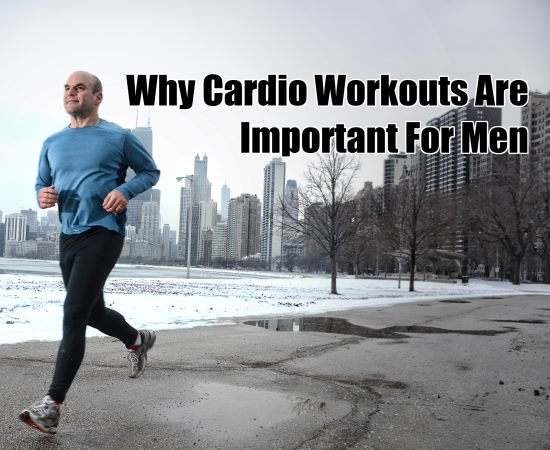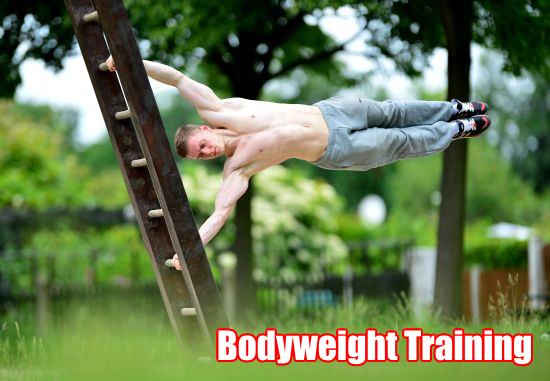 Eating before or after a workout is one of the most important determinants to whether you perform at the peak of your ability and recover from the workout as best as possible. There is a lot of science behind exercise and eating and in this article, I found this article in a magazine at a hockey rink a couple of weeks ago and could not believe how great it was, thanks to the Calgary minor Hockey Association we can tell you exactly how to eat. Following this pregame and postgame eating should make your workouts better and your performance better as well.
Eating before or after a workout is one of the most important determinants to whether you perform at the peak of your ability and recover from the workout as best as possible. There is a lot of science behind exercise and eating and in this article, I found this article in a magazine at a hockey rink a couple of weeks ago and could not believe how great it was, thanks to the Calgary minor Hockey Association we can tell you exactly how to eat. Following this pregame and postgame eating should make your workouts better and your performance better as well.
THE PREGAME MEAL
What you eat each day can have a big effect on how you perform. What you consume right before a game can be critical. Wrong choices can slow you down and even take you out of the game, while right choices can give you that competitive edge. The pregame meal can supply your body with significant amounts of energy, although don’t rely on it to supply you with everything you’re going to need. You’ll want to have eaten the right kinds of food for several days prior to your game to charge up your muscles with glycogen. Your body converts food into glycogen – the key energy source your muscles use during intense physical activity such as hockey. The pre-event meal can help with the following;
- Prevent hunger during the game.
- Help hydrate the body.
- Provide a relatively empty stomach at game time.
- Prevent gastrointestinal upset or other negative reactions to food.
No one pregame meal is right for everyone, but some food choices are smarter than others. Here are the key considerations for the pregame meal according to the Sport Medicine Council of Alberta.
Allow enough time for digestion. Eat the meal about two to four hours before game time to avoid food remaining in the stomach during play, which can cause abdominal discomfort, nausea or even vomiting.
The meal is usually about 500 calories in size, depending on the individual and the amount of time before the event. The less time, the smaller the meal. If time is very limited, a liquid meal replacement is a good alternative.
Carbohydrates are the fuel of champions. Choose a meal that is high in complex carbohydrates such as pasta, cereals, grains or rice. Canned or fresh fruits are also recommended. These foods are quickly and easily digested by game time.
What you eat each day can have a big effect on how you perform
Restrict sugary foods such as honey, soft drinks, syrups, candy bars or high glucose beverages. These foods promote the movement of water from the body tissues into the intestines causing abdominal cramping or diarrhea.
Limit fats as they are digested and absorbed slowly. Avoid margarine, butter, mayonnaise, salad dressings, cream sauces, peanut butter and fried foods such as donuts, chips or fries.
Keep the amount of protein at a moderate level as it is digested more slowly than carbohydrates. Good sources of protein are low fat dairy products, lean meats, tuna or chicken. Avoid high fat meats such as regular hamburger, chicken burger, hot dogs, fried chicken or fish, sausage or high fat deli meats .
Avoid high fibre foods that give you that “heavy”, full feeling. Foods to avoid include bran muffins or bran cereals, beans and maybe even raw vegetables or some fruits with tough skins.Fluids should be consumed with the meal. Sports drinks that contain about four to eight percent carbohydrates (glucose, glucose polymer or sucrose) can also be beneficial.
Athletes lose more contests through not drinking enough water than any other nutritional cause. Water’s most important role during activity is body temperature regulation. Active muscles generate heat which must be removed. Sweating and the evaporation from the skin cools you down. Water is lost in this cooling process and if it is not replenished it can lead to dehydration – a major cause of fatigue and poor performance. Losing just two per cent of the body’s water can hurt performance, reports tliie faculty of sports and nutrition at the University of Illinois. A five per cent loss can cause heat exhaustion and a seven to 10 per cent loss can result in heat stroke and death.
To prevent dehydration prior to a game, do the following:
- Drink 500ml (two cups) of water up to two hours prior to start time, then stop drinking to allow time for the bladder to empty.
- Drink another 250-500ml of water about 10 to 15 minutes before the game begins. This fluid will help keep the body hydrated and will not have time to reach the bladder.
- During the game, drink 100-250ml every 15 to 20 minutes. Athletes who sweat heavily should drink more.
- After the game, drink another 250ml of water about 10 to 20 minutes after play.
POSTGAME MEAL
After intense activity, the body must be refueled to combat fatigue and to avoid jeopardizing further performances. The following postgame eating is recommended.
Continue to drink fluids until pre-game is regained and urine is not concentrated. Natural juices contain more carbohydrates, vitamins and minerals than dilute fluid replacement beverages , Emphasize carbohydrate-rich foods. Muscles are most receptive to glycogen replacement soon after intense physical activity has ended. Try to consume some carbohydrates within 15 minutes after the game. Good choices are pasta, a bagel, bread, orange juice or vegetable juice.
All athletes need to have help in learning about nutrition. It’s a good idea for teams to seek out a registered dietitian who canprovide valuable information to players to optimize their sports performance.
With these ideas of exactly what to do in pregame and postgame meals, you should have a better chance to make the most of training as well as sporting events.



